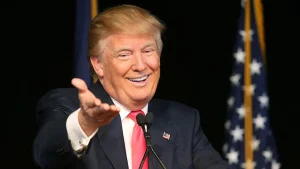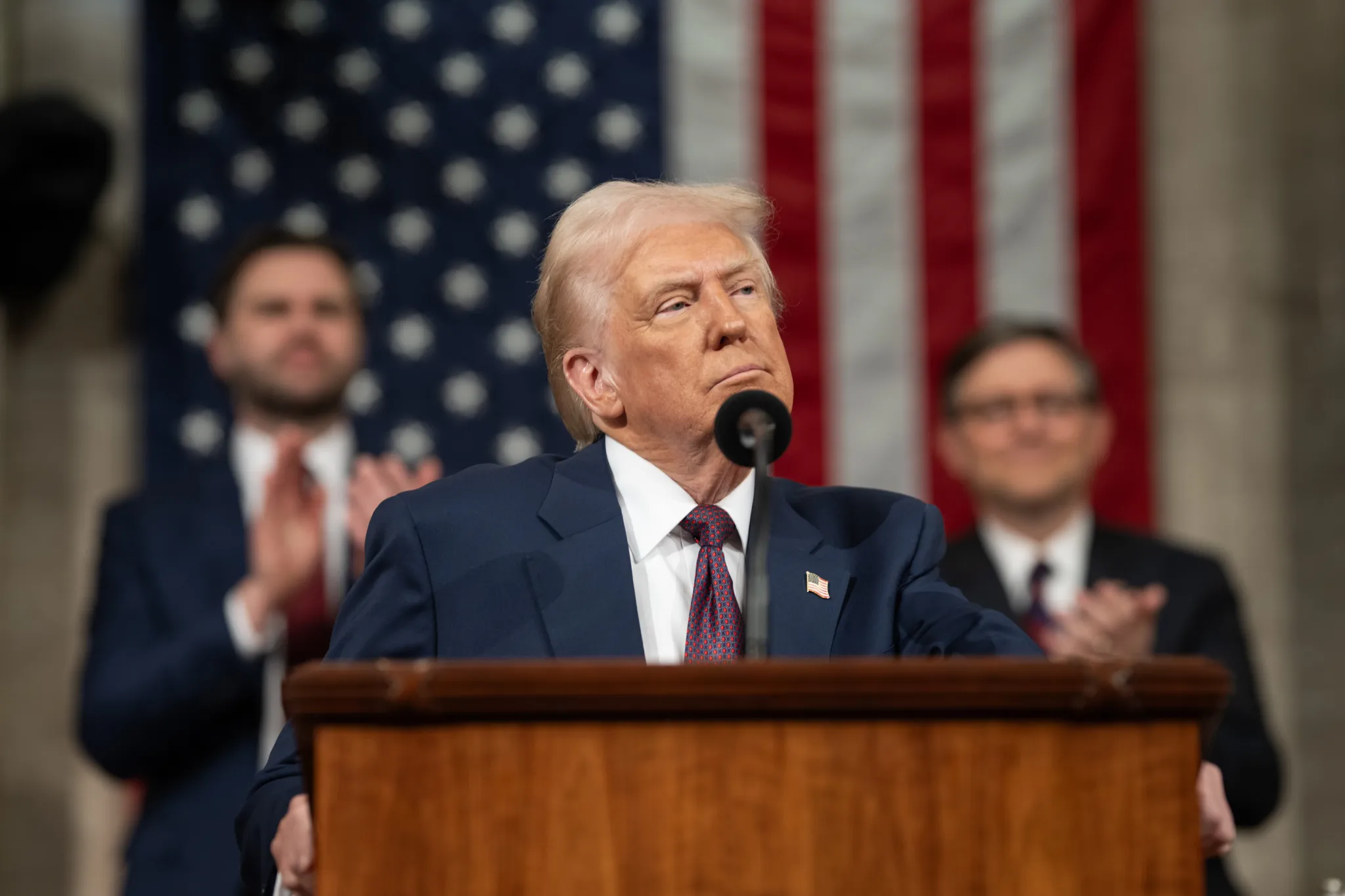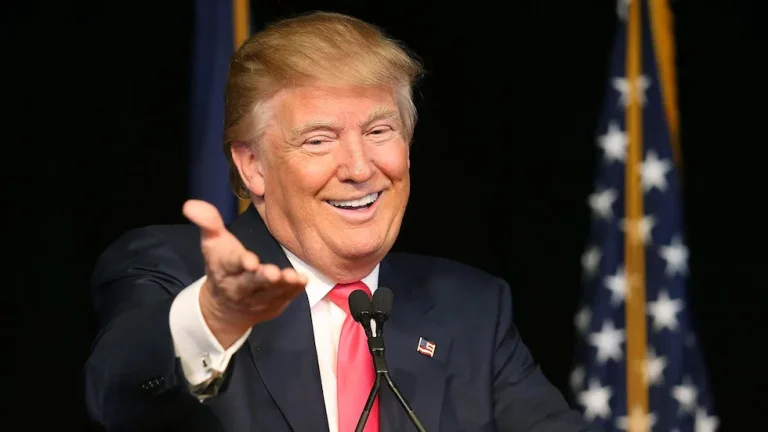President Donald Trump has sparked widespread confusion and criticism after publicly misstating the location of his upcoming meeting with Russian President Vladimir Putin. Scheduled for August 15, the high-profile summit is intended to address ongoing tensions surrounding Russia’s war in Ukraine.
Speaking at a recent press conference, Trump told reporters, “I’m going to see Putin, I’m going to Russia on Friday. I don’t like being up here, talking about how unsafe and how dirty and disgusting this once beautiful capital was.” The latter part of his remarks referred to Washington, D.C., which Trump has described as facing significant criminal activity — an issue he claims he is addressing through National Guard deployment.
Observers quickly noted that the president’s statement was inaccurate: the planned meeting is not taking place in Russia, but rather in Alaska. White House Press Secretary Karoline Leavitt clarified that while details are still being finalized, the summit will be held on U.S. soil. She did acknowledge that a future trip to Russia remains a possibility.
The misstatement prompted a flurry of reactions on social media, with many suggesting that Trump was unaware of the meeting’s actual location. One user commented, “Trump thinks he’s going to Russia. The meeting is in Alaska. He has no clue what’s going on. Russia wants some Ukraine territory. Trump wants to give it to him. But it’s not his to give.” Another added, “Surely I’m not the only person who noticed that Donald Trump said he was going to ‘Russia’ when he was referring to his trip to Alaska. He said it twice. Imagine if Biden said that.”
Critics on social media and in political commentary seized on the mistake as an example of apparent disorganization in the Trump administration. “Trump isn’t going to Russia, he’s going to see Putin in Alaska on Saturday,” wrote one user. “Trump not knowing where he’s going! Time for a BRAIN CHECK!” Another added, “WTF does Trump keep saying he’s going to Russia on Friday?! Alaska is not Russia and never will be.”
Supporters of the president have pointed out, however, that the choice of Alaska as a meeting site has a historical and geographical rationale. Alaska was once part of Russian territory before its purchase by the United States in 1867 and subsequent statehood in 1959. Its proximity to Russia, separated only by the Bering Strait, makes it a practical and neutral meeting location for the two leaders.
The Alaska setting for the summit was reportedly chosen to facilitate logistical arrangements while minimizing security concerns and travel complexities associated with a visit to Russia. According to analysts, the remote location allows both parties to conduct sensitive discussions in a controlled environment while maintaining symbolic neutrality.
Despite the clarification, the president’s verbal slip has already become a focal point in media coverage. Analysts note that such statements can have diplomatic repercussions, as miscommunication about locations or plans may be interpreted as a lapse in attention to detail at the highest levels of international engagement.
The meeting itself is expected to focus on potential pathways toward de-escalating the conflict in Ukraine and exploring avenues for negotiation between the two nations. While specifics remain under wraps, the summit will likely address security, economic sanctions, and other diplomatic measures.
For now, the incident serves as a reminder of the intense scrutiny surrounding Trump’s statements and the challenges of managing public communications in high-stakes international diplomacy. With attention on Alaska this week, observers will be closely watching how both leaders navigate the summit and whether any additional missteps occur prior to the scheduled meeting.
The coming days are likely to see further analysis and commentary as the summit approaches, with both media and political observers weighing the potential impact of Trump’s initial error and its implications for U.S.-Russia relations.

James Jenkins is a celebrated Pulitzer Prize-winning author whose work has reshaped the way readers think about social justice and human rights in America. Raised in Atlanta, Georgia, James grew up in a community that instilled in him both resilience and a strong sense of responsibility toward others. After studying political science and creative writing at Howard University, he worked as a journalist covering civil rights issues before dedicating himself fully to fiction. His novels are known for their sharp, empathetic portraits of marginalized communities and for weaving personal stories with broader political realities. Jenkins’s breakout novel, Shadows of Freedom, won national acclaim for its unflinching look at systemic inequality, while his more recent works explore themes of identity, resilience, and the fight for dignity in the face of oppression. Beyond his novels, James is an active public speaker, lecturing at universities and participating in nonprofit initiatives that support literacy and community empowerment. He believes that storytelling is a way to preserve history and inspire change. When not writing, James enjoys jazz music, mentoring young writers, and traveling with his family to explore cultures and stories around the world.









